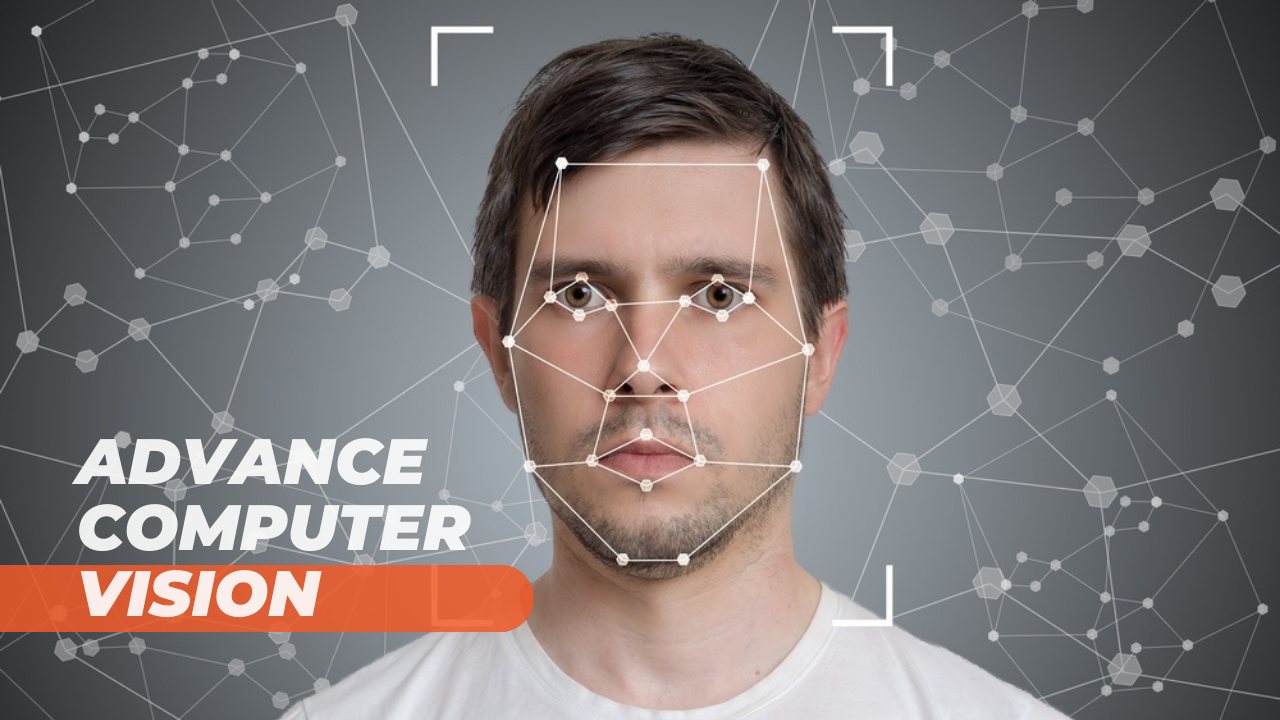Advance Computer Vision Professional Course (Live Online)

About Course
KAE Education’s Advance Computer Vision Professional Course offers an in-depth exploration of cutting-edge computer vision techniques and their wide-ranging applications. As industries rapidly adopt AI-driven technologies, understanding computer vision can significantly elevate your career prospects. This course provides a comprehensive curriculum, blending theoretical knowledge with hands-on experience to ensure you are well-prepared for both academic and professional success.
Course Overview: What You’ll Learn
The course covers everything from the basics to advanced concepts, making it ideal for beginners and professionals looking to deepen their expertise.
- Introduction to Computer Vision:- Explore the history, significance, and real-world applications of computer vision.
- Image Processing Basics:-Learn key principles such as edge detection, filtering, and image transformation.
- Mathematical Foundations:-Gain proficiency in linear algebra, probability, and optimization—crucial for computer vision algorithms.
- Feature Detection and Matching:-Master techniques for detecting, describing, and matching features in images.
- Machine Learning for Computer Vision:-Apply supervised and unsupervised machine learning algorithms to computer vision challenges.
- Deep Learning and Neural Networks:-Specialize in CNNs (Convolutional Neural Networks) and other architectures critical for modern vision tasks.
- Object Detection and Recognition:-Learn state-of-the-art methods to detect and recognize objects in both images and video.
- 3D Vision and Reconstruction:-Delve into 3D vision, stereo vision, and techniques for 3D reconstruction.
Benefits of Enrolling in KAE Education’s Course
Course Content
Module 1: Introduction to Computer Vision
-
Overview of Computer Vision
-
Evolution and Applications
-
Importance in Industry and Research
-
Key Concepts and Terminology

